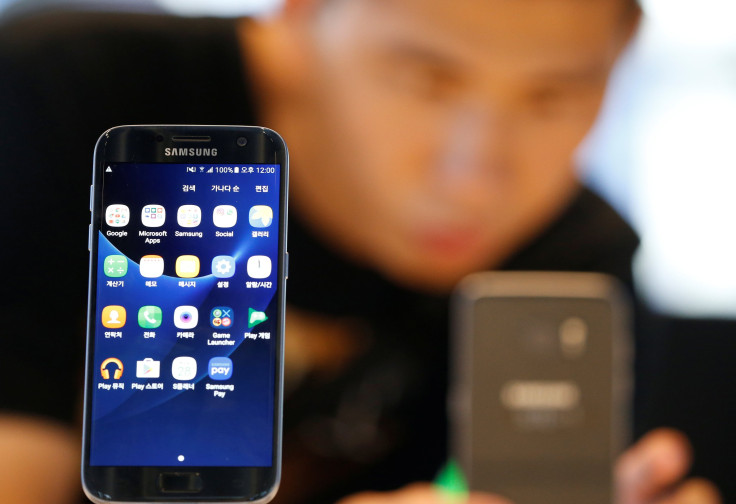Samsung Galaxy S8 US Launch On March 29?

While it has been confirmed the Samsung Galaxy S8 will not be unveiled at the Mobile World Congress event (MWC) in Barcelona next month, the company hasn’t really announced a launch date for the device.
But if a new rumor is to be believed, the company might launch the device a month after MWC. Phonearena, citing a tipster called Ricciolo, claims the device might launch March 29. It further added that Samsung might hold a simultaneous launch across multiple cities in Europe and U.S. and that the company would have an extensive marketing campaign for the device.
If the device is launched at the said date, it would mean it would go on sale around mid-April. While the device might launch post-MWC, there is still a chance that Samsung showcases it there.
The buzz about the Galaxy S8 is currently high, with one or two rumors about the device coming out every week. Some interesting rumors include:
Heat absorbent design, LG batteries
Samsung seems to be taking a number of precautions with the Galaxy S8 after what happened with the Note 7. The company is rumored to adopt a thermal pipe-based heat absorbing design that will not let the device components heat up. Rather, it will dissipate heat within the device.
The company is also not endowing the device with its own batteries, something which it has done for the past seven iterations of the Galaxy S series. Instead, the company is said to be sourcing batteries from LG.
Bixby Assistant
Samsung is expected to replace its outdated S-Voice feature with a fully functional artificial intelligence-based voice assistant called Bixby.
The assistant is expected to be slightly different from existing assistants such as Google Assistant and HTC Sense Companion. Bixby is a product of Viv Labs, a Samsung subsidiary which has a lot of the same team which developed Apple’s Siri.
In comparison to other voice assistants, Bixby is expected to be more conversation-oriented rather than response-oriented.
No Home button
Samsung is expected to ditch its traditional home button in favor of a slimmer bottom bezel and a display-embedded fingerprint sensor.
© Copyright IBTimes 2025. All rights reserved.



















